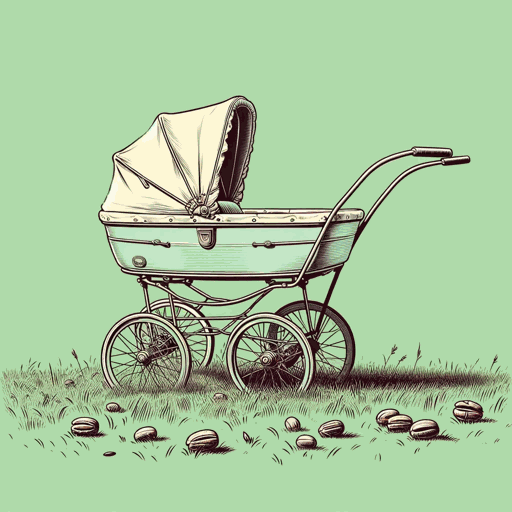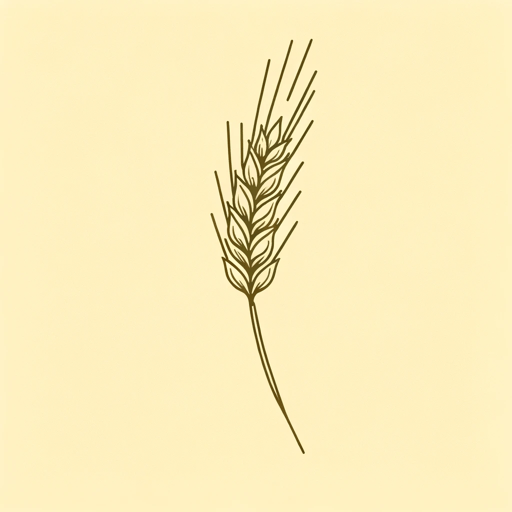32 pages • 1 hour read
Truman CapoteA Christmas Memory
Fiction | Short Story | Adult | Published in 1956A modern alternative to SparkNotes and CliffsNotes, SuperSummary offers high-quality Study Guides with detailed chapter summaries and analysis of major themes, characters, and more.
Important Quotes
“A woman with shorn white hair is standing at the kitchen window. She is wearing tennis shoes and a shapeless gray sweater over a summery calico dress. She is small and sprightly, like a bantam hen; but, due to a long youthful illness, her shoulders are pitifully hunched. Her face is remarkable—not unlike Lincoln’s, craggy like that, and tinted by sun and wind; but it is delicate too, finely boned, and her eyes are sherry-colored and timid.”
(Page 4)
Buddy’s initial description of his best friend draws a portrait of both her appearance and her character. Her white hair and weathered face indicate her age, and her “shorn” hair and shabby clothes suggest that she is careless of her appearance. At the same time, Buddy perceives his friend as energetic (“sprightly”) and even heroic, comparing her face to President Lincoln’s. Although she is described as “pitiful,” “delicate,” and “timid,” the description paradoxically suggests a “remarkable” underlying strength to her character.
“Other people inhabit the house, relatives; and though they have power over us, and frequently make us cry, we are not, on the whole, too much aware of them. We are each other’s best friend.”
(Page 4)
This early description of Buddy’s other relatives establishes the household power dynamics. Buddy and his friend are dependent on these relatives but also alienated from them. The central characters’ devoted friendship contrasts with these distant but threatening “others” who appear only as a collective dispenser of punishment rather than as individual characters. The words “we” and “us” throughout this passage reinforce both Buddy’s identification with his friend and his alienation from his other relatives.
“Together, we guide our buggy, a dilapidated baby carriage, out to the garden and into a grove of pecan trees. The buggy is mine; that is, it was bought for me when I was born. It is made of wicker, rather unraveled, and the wheels wobble like a drunkard’s legs. But it is a faithful object; springtime, we take it to the woods and fill it with flowers, herbs, wild ferns for our porch pots; in the summer, we pile it with picnic paraphernalia and sugar-cane fishing poles and roll it down to the edge of a creek; it has its winter uses, too: as a truck for hauling firewood from the yard to the kitchen.”
(Pages 5-6)
This passage establishes the rural Southern setting, and the detailed description of the pair’s seasonal activities reveals their close connection to the natural world. In addition, the buggy suggests the pair’s power to transform even the most humble and “dilapidated” of objects into beloved companions, and it reinforces the childlike nature of the characters.
Related Titles
By Truman Capote






